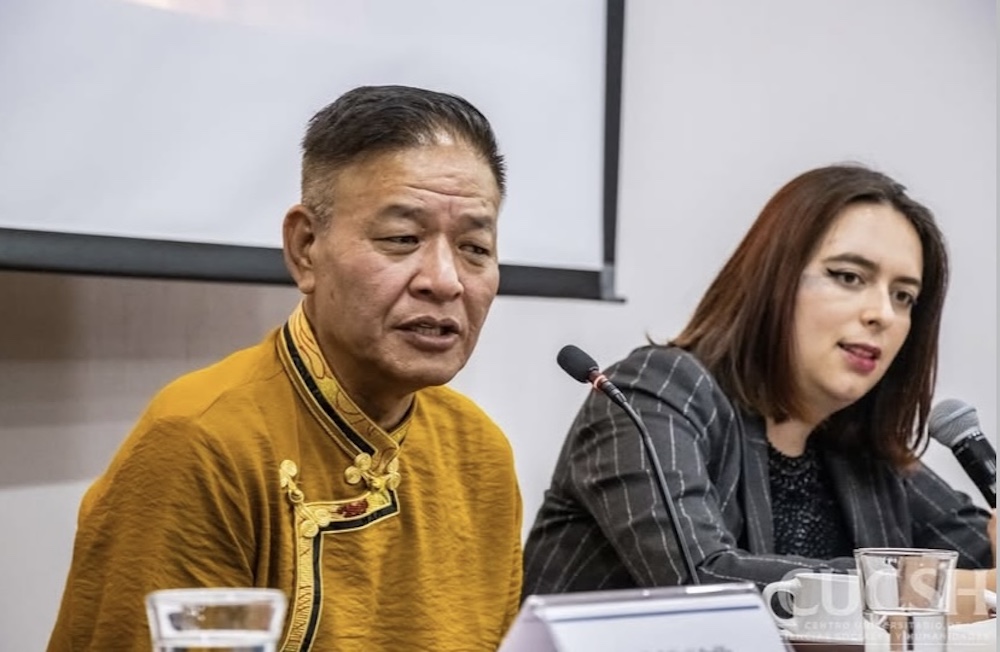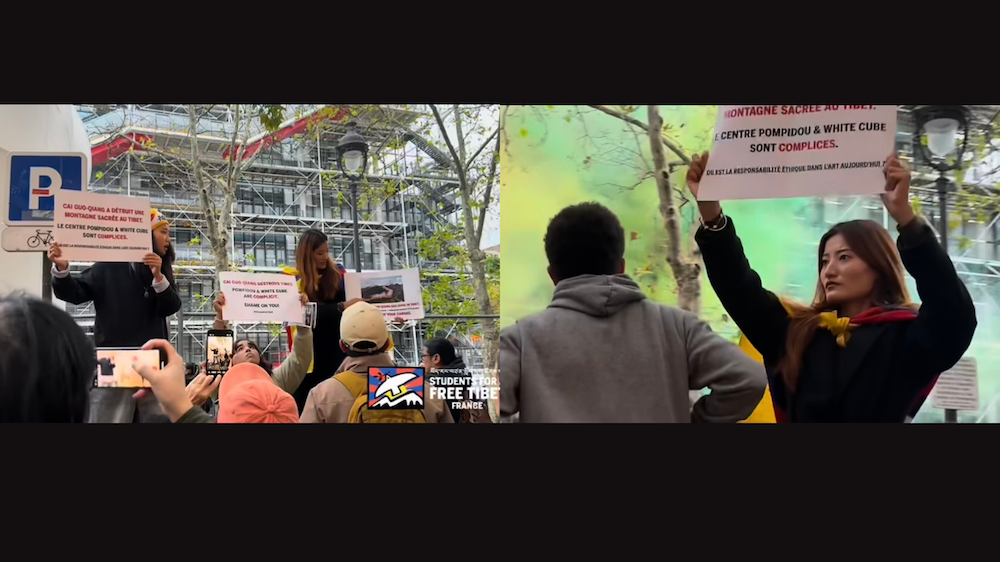Tenzin Nyidon
DHARAMSHALA, June 10: A collective of Nepalese and international artists, filmmakers, and cultural workers have issued a strong public statement condemning the Kathmandu International Mountain Film Festival (KIMFF) for contributing to the erasure of Tibetan identity through its recent programming choices.
The protest comes amid mounting global criticism of cultural institutions that appear to amplify state-sponsored narratives at the expense of oppressed communities. A coalition of 145 Tibet-related organizations, along with renowned Tibetan filmmakers Dhondup Wangchen and Golog Jigme who were both jailed in China for their landmark documentary Leaving Fear Behind had earlier urged KIMFF to cancel the “Xizang Panorama” segment. Their plea, however, received no response from the festival organizers.
In a joint statement titled “Statement Against the Erasure of Tibetan Identity at KIMFF,” the signatories expressed deep concern over the festival’s adoption of the term “Xizang,” a politically charged label promoted by the Chinese government. The segment also included Chinese state-sponsored propaganda films, which the artists said undermined the region’s rich cultural and historical identity.
Artists noted that many of them had previously viewed KIMFF as a vital space for independent and authentic storytelling. Some had participated in the Kathmandu Doc Lab, a program affiliated with the KIMFF Foundation that brought together filmmakers across South Asia in a spirit of collaboration and creative integrity. The latest programming decisions, they said, are not only disheartening but betray the values the festival once appeared to uphold.
“Film festivals are not neutral platforms,” the statement emphasized. “To present propaganda as art, and to erase the identity of an entire people by adopting politically motivated language, is gravely irresponsible.”
The signatories called on KIMFF to take concrete actions, including, publicly acknowledging the harm caused by its programming choice, issuing an apology to the Tibetan community and participating artists, and committing to transparent and ethical curatorial practices rooted in anti-colonial and independent values.
The statement concluded with a call for solidarity, asserting that silence in the face of cultural erasure is a form of complicity. The signatories pledged their support to the Tibetan people and all artists resisting censorship and marginalization worldwide










